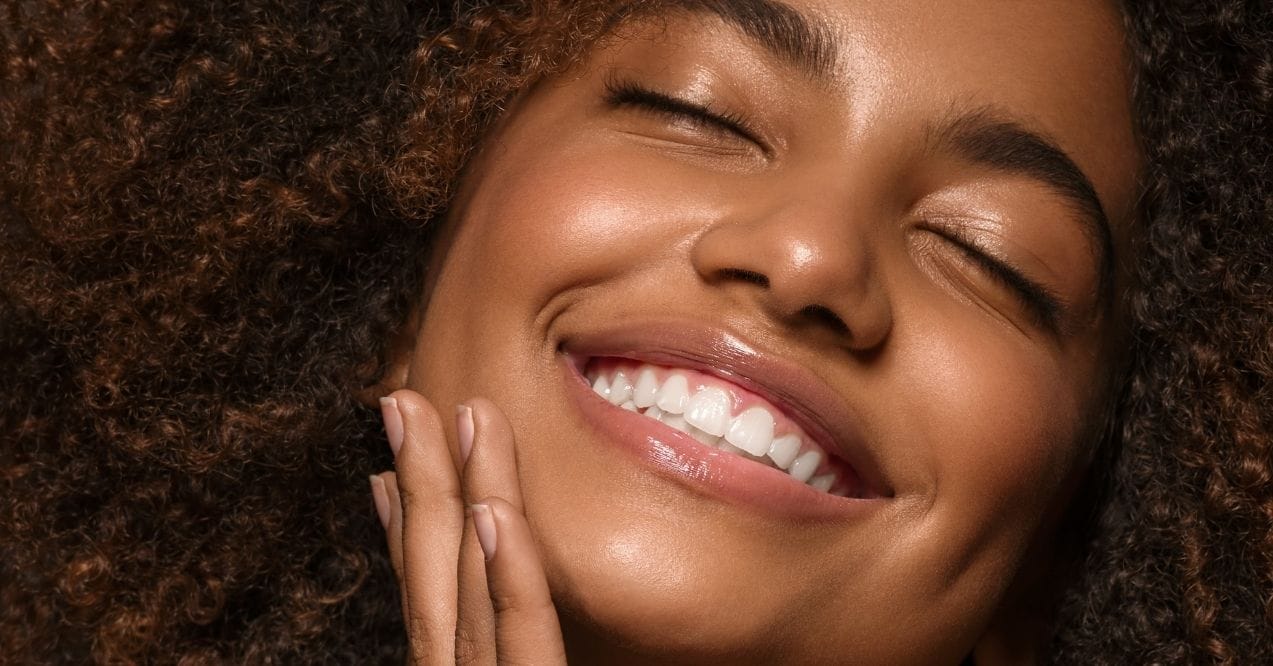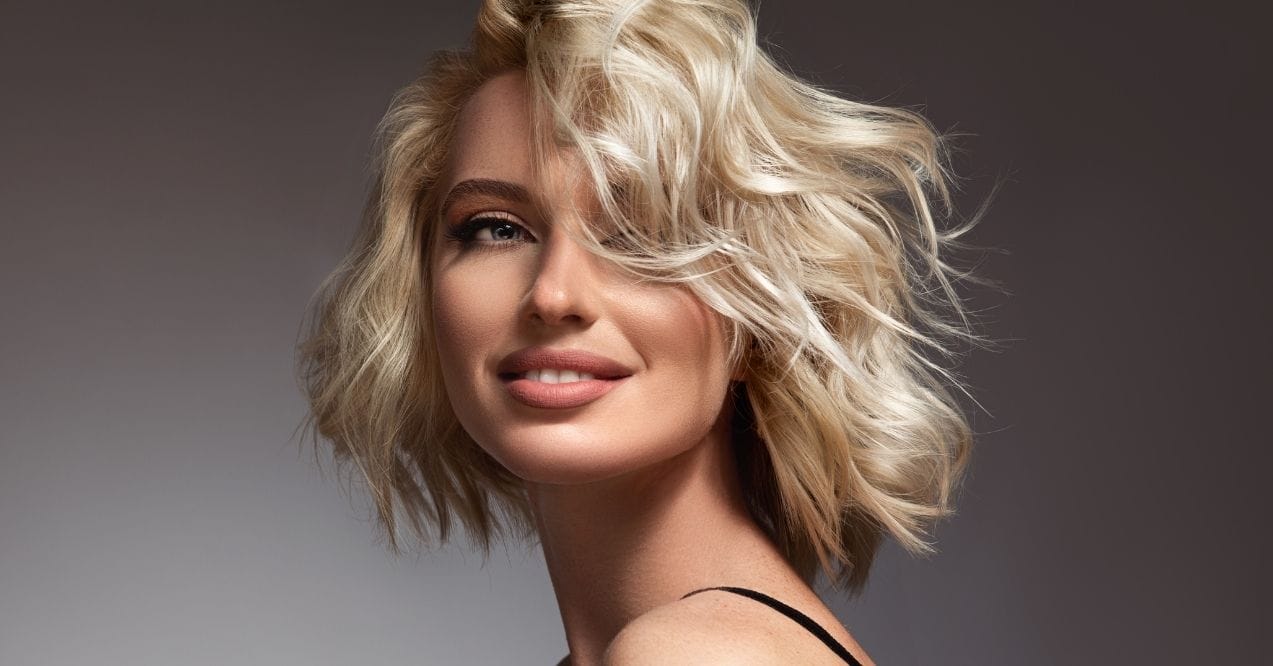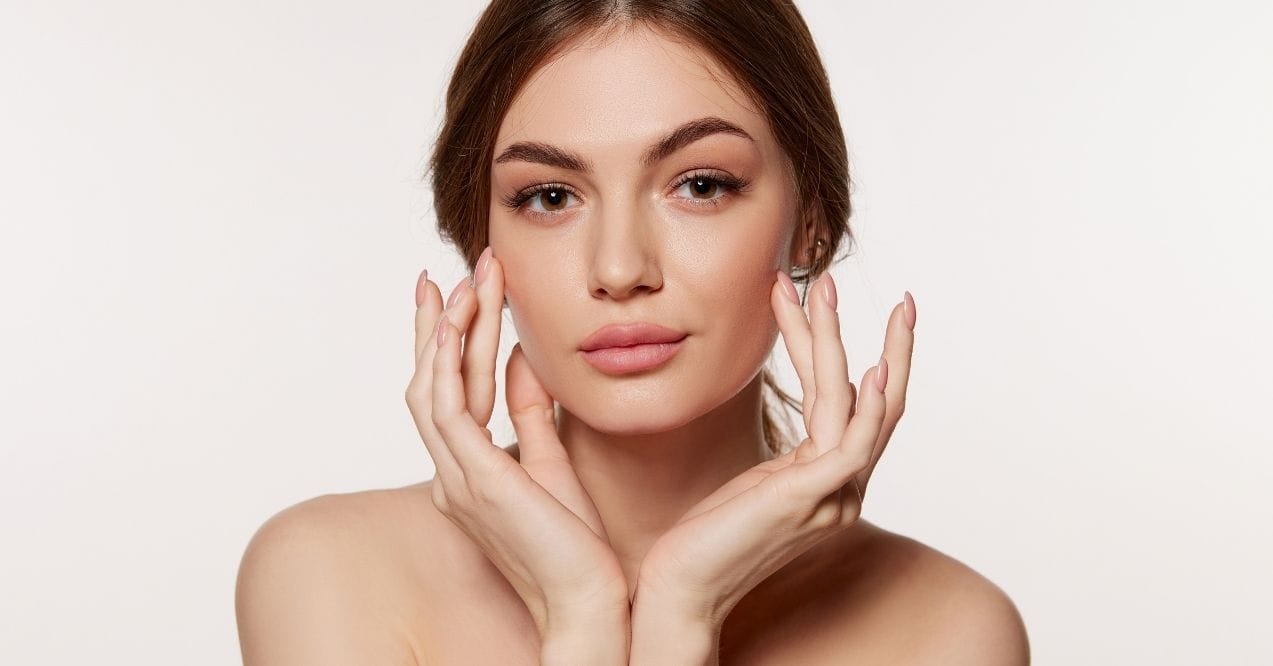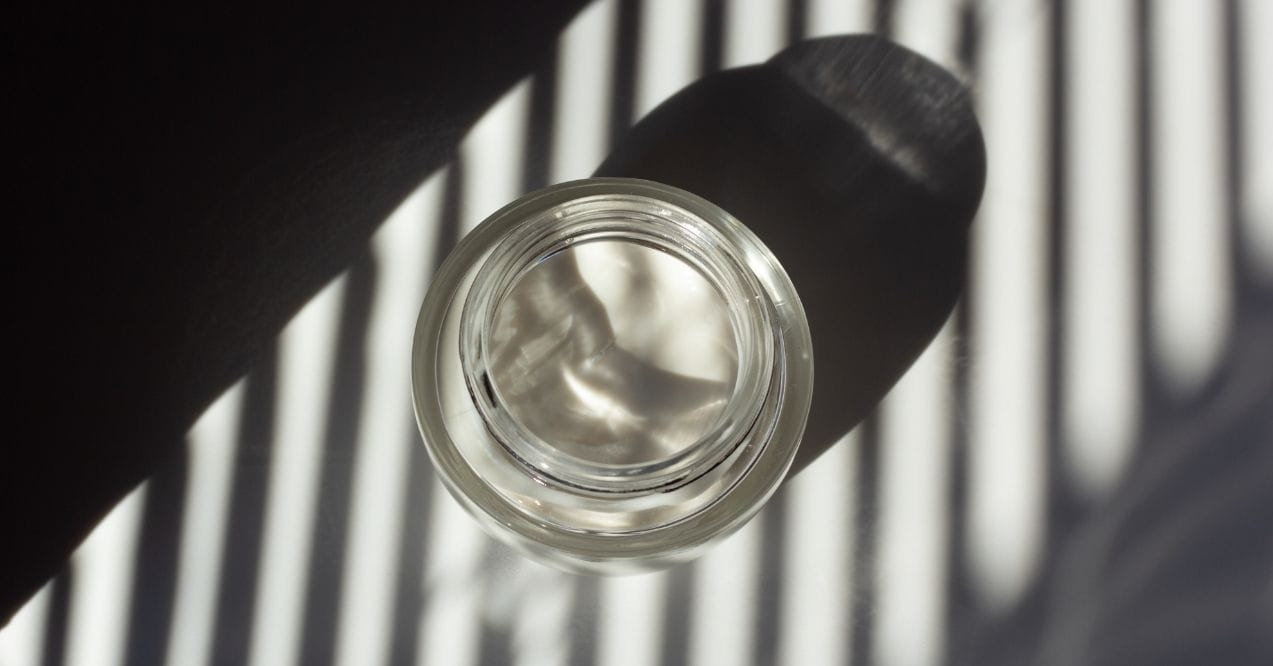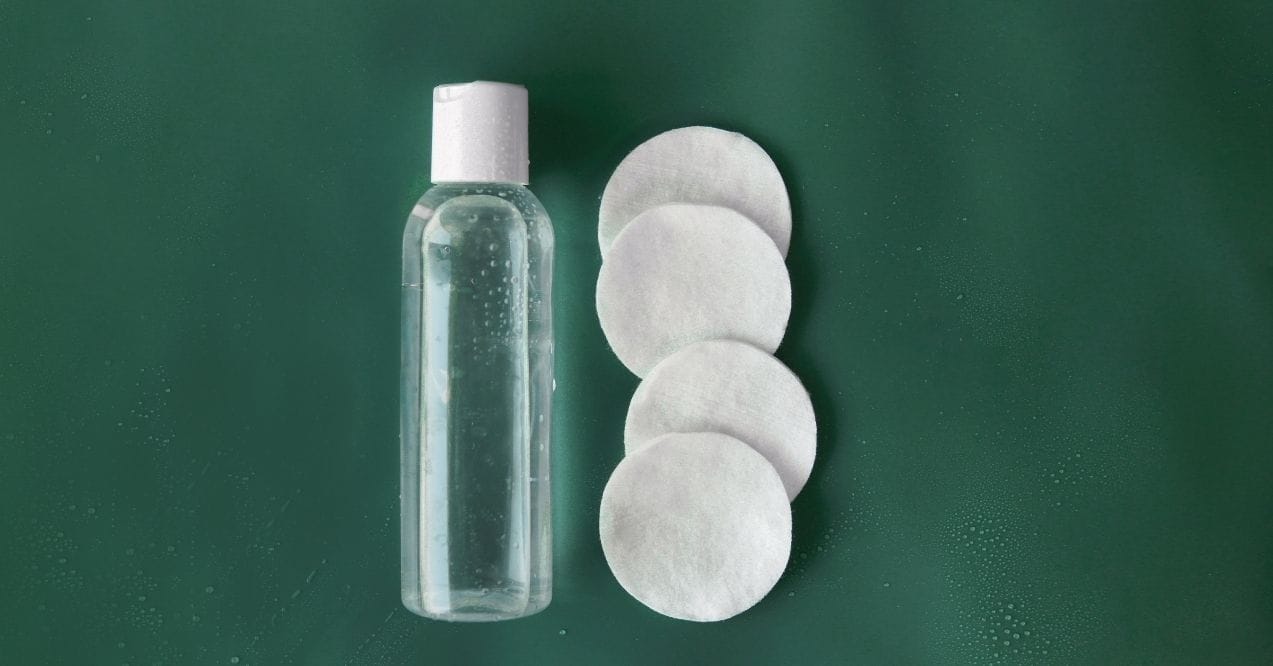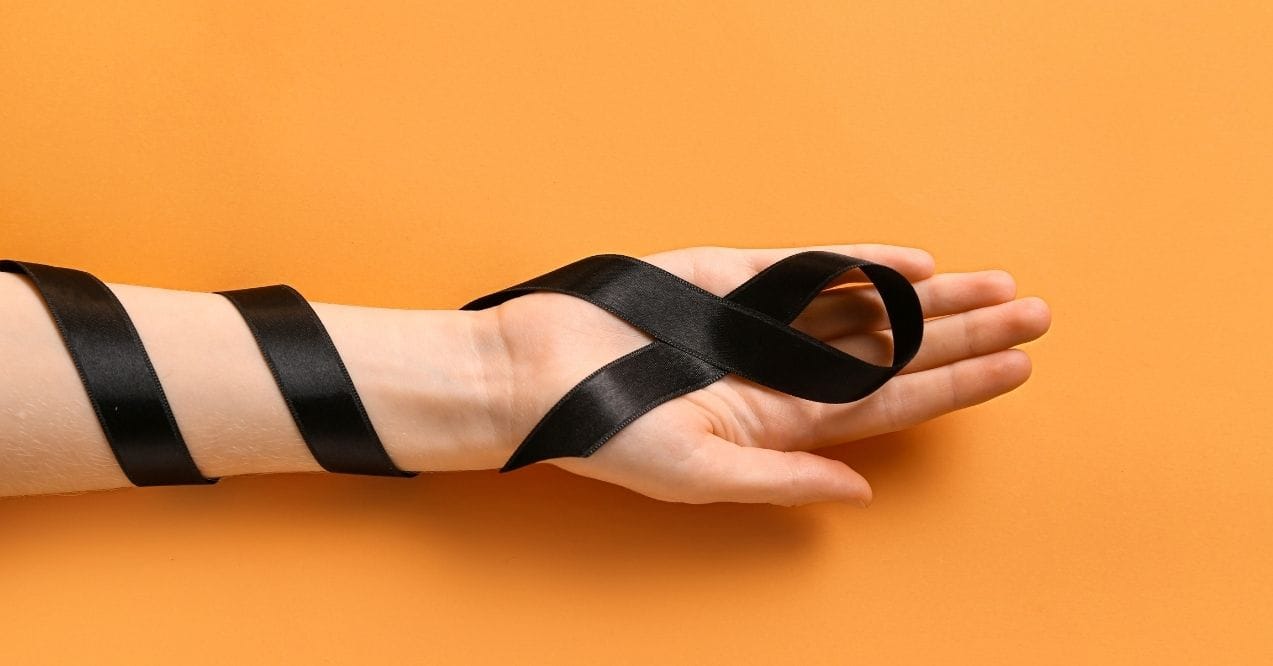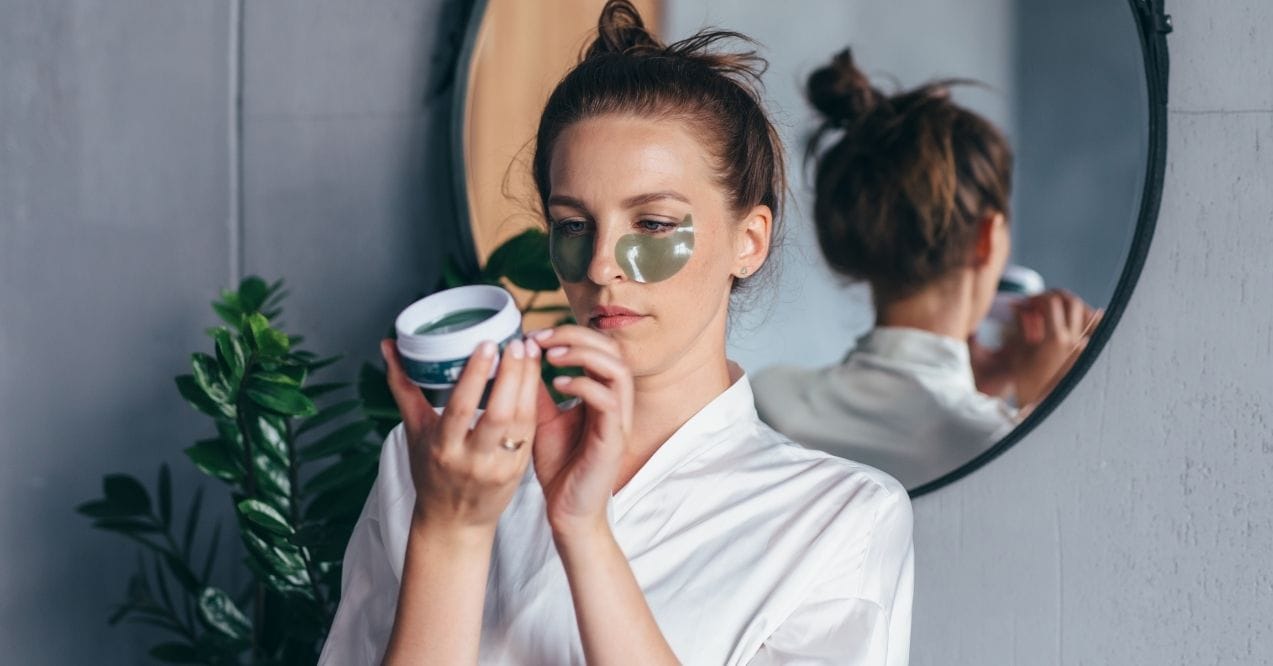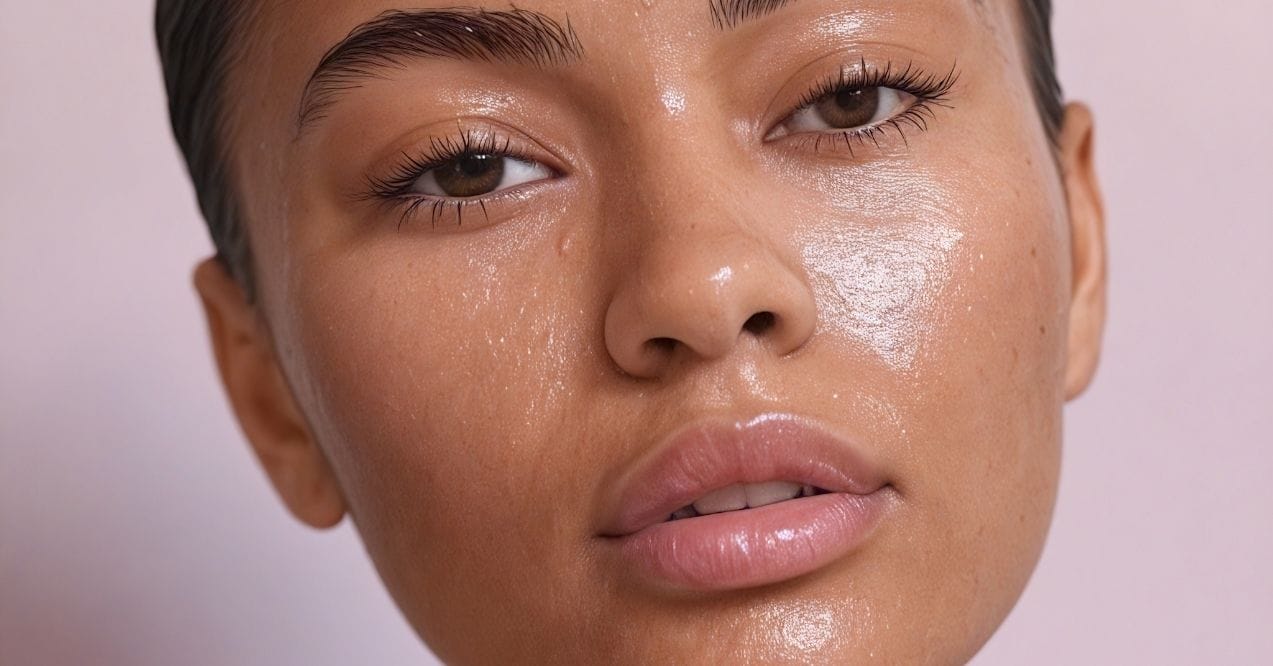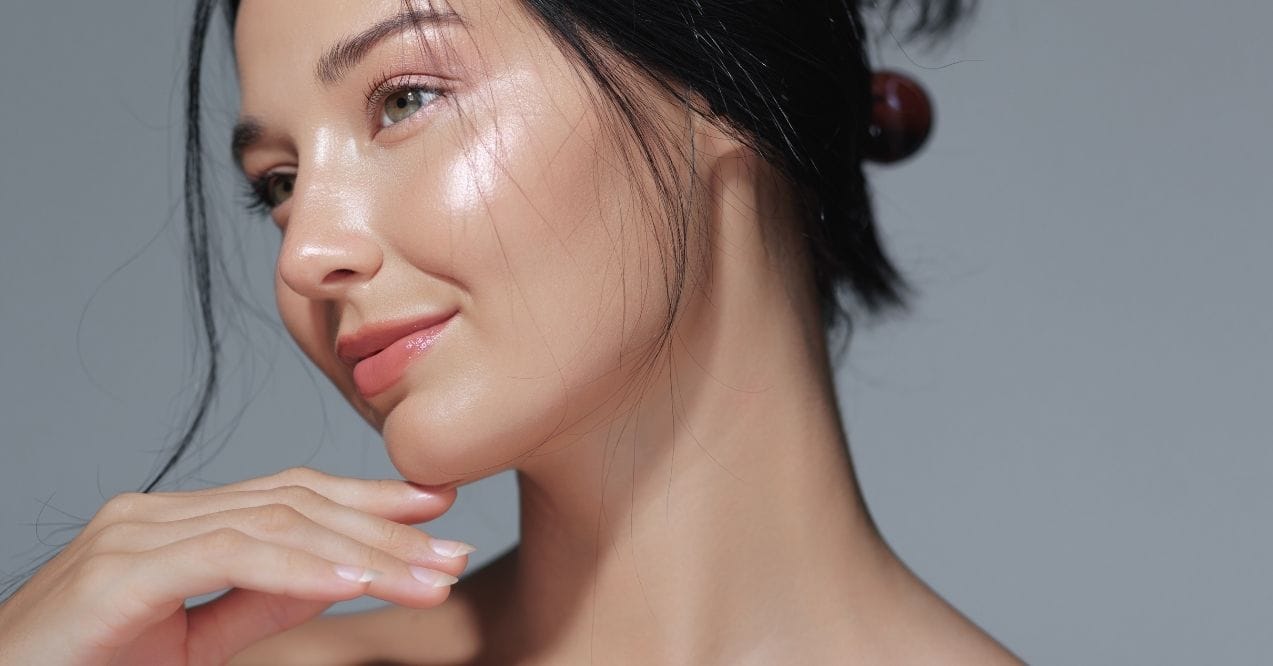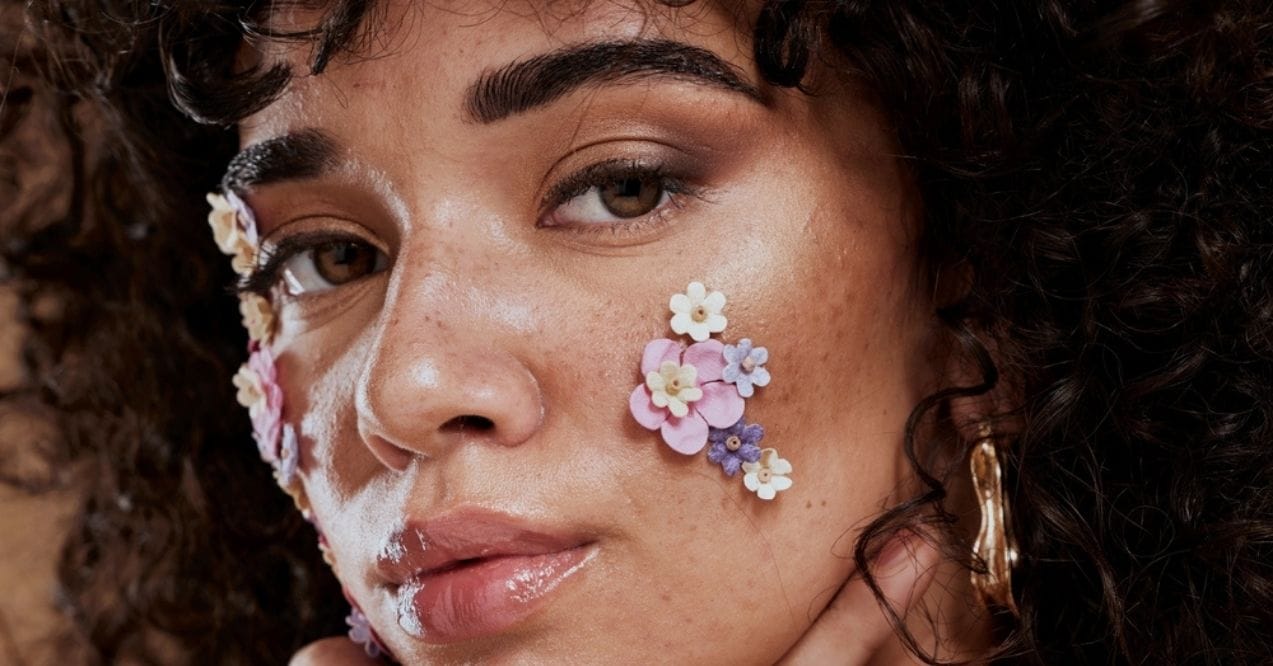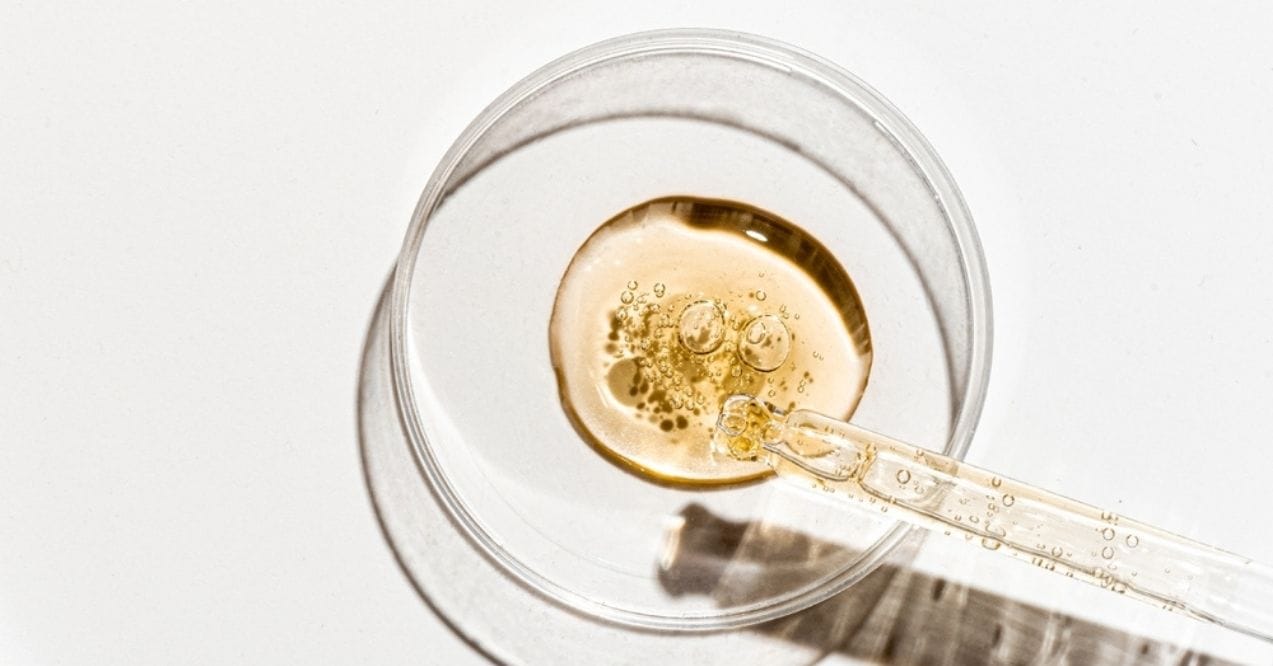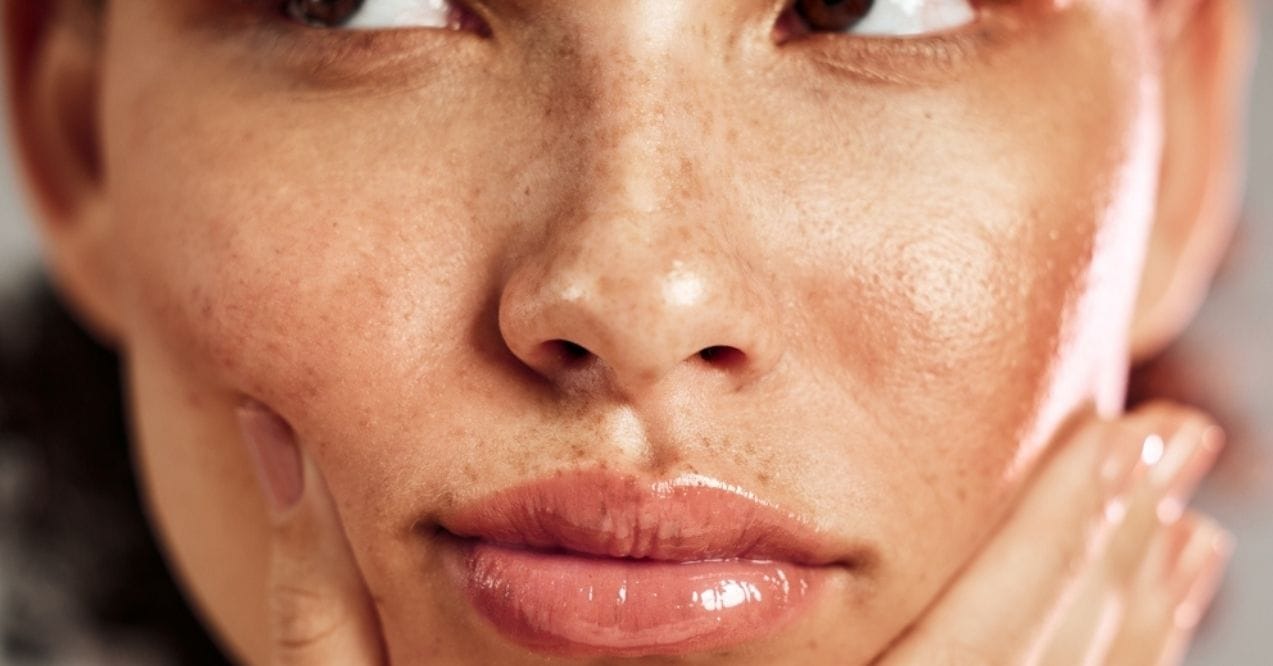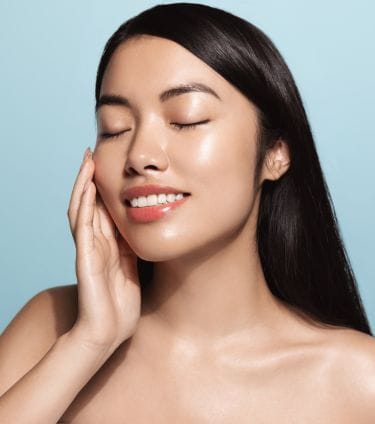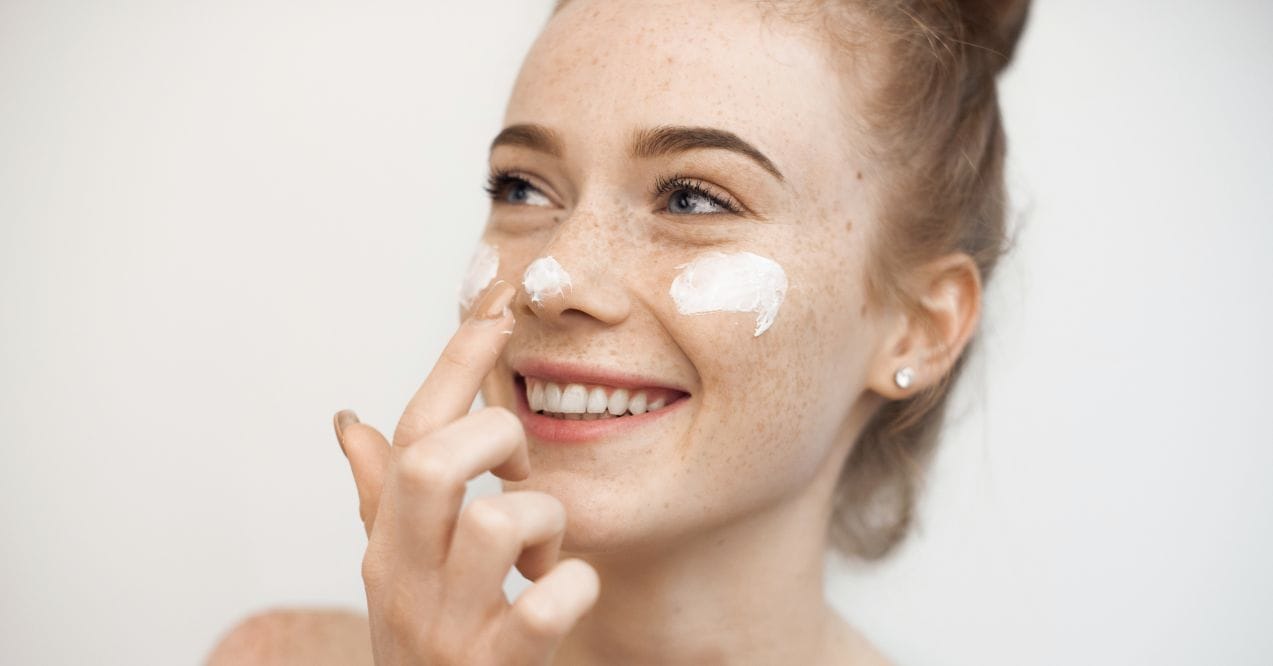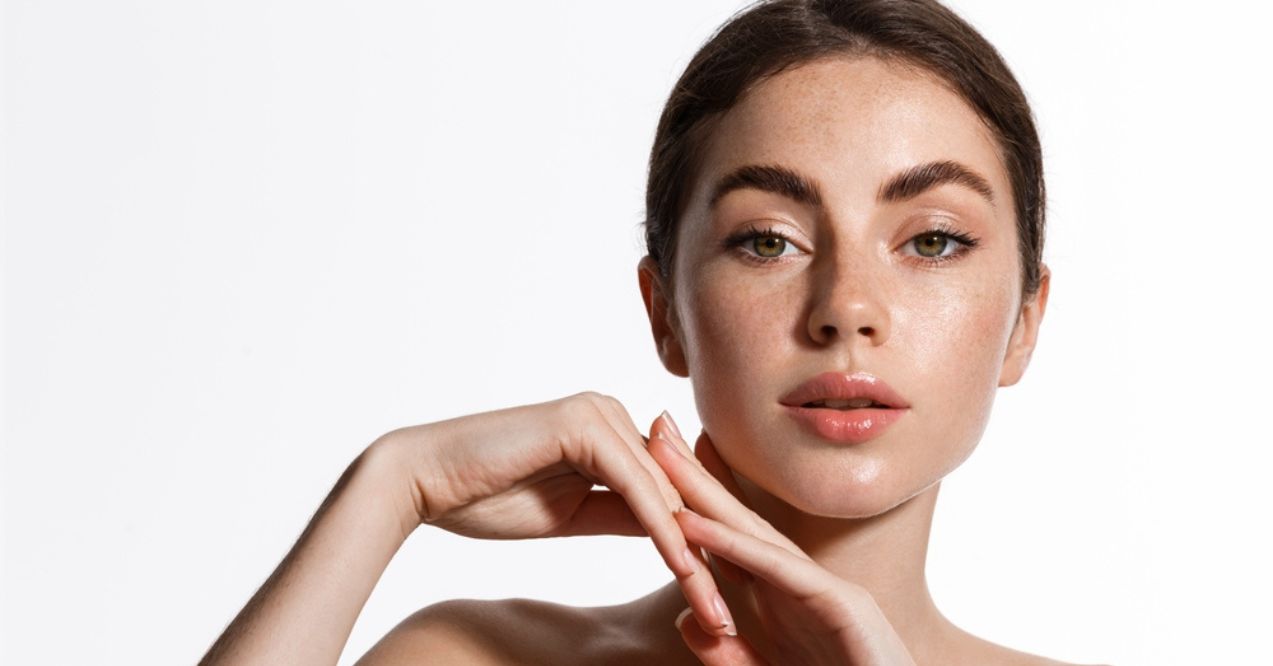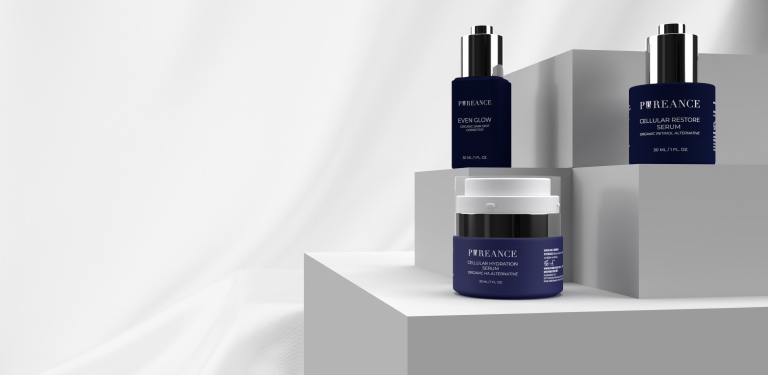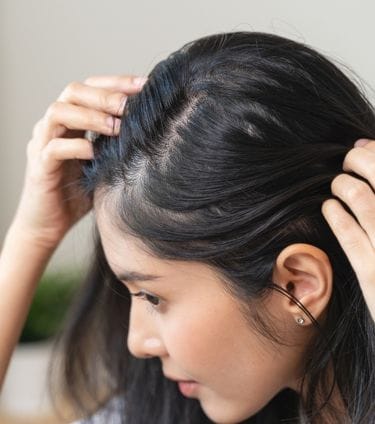
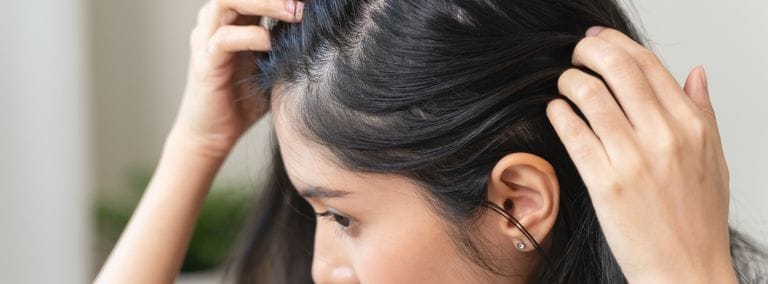

Which Vitamin Deficiency Causes Hair Loss?
You’re doing everything right: eating well, using quality products, managing stress. Yet your hair feels thinner than it used to. Before you blame genetics or aging alone, consider this: which vitamin deficiency causes hair loss might be the question you need to ask.
Nutrient shortfalls quietly disrupt the hair growth cycle. They trigger shedding, breakage, and sluggish regrowth that styling tricks can’t fix. Women over 30 face additional challenges as hormonal shifts and changing metabolism affect how efficiently the body absorbs and uses these nutrients.
This guide cuts through the confusion about hair vitamins for healthy hair. You’ll learn which deficiencies matter most, how to spot the signs, and what actually works to restore healthy growth from the inside out.
Key Article Findings
- Vitamin D, B12, folate, biotin, vitamin C, and zinc deficiencies commonly link to hair loss.
- Thinning, shedding, and breakage often signal different nutrient shortfalls.
- Age, medications, and gut health can block vitamin absorption even with balanced diets.
- Food sources and lifestyle adjustments should come before supplements.
How Vitamin Deficiencies Impact Hair Growth
Hair grows in cycles: anagen (active growth), catagen (transition), and telogen (rest and shedding). Each strand spends years in anagen before naturally moving through the other phases. This cycle relies on oxygen delivery to follicles, protein synthesis for strand structure, and rapid cell division.
Vitamins fuel these processes. They help red blood cells carry oxygen. They work with enzymes that build hair proteins. They enable the cell division that keeps follicles productive. When vitamin levels drop too low, the growth phase shortens.
More hairs shift prematurely into the shedding phase. Strands fall out faster than new ones replace them. You might notice more hair in your brush, a wider part line, or texture changes. Different deficiencies create different patterns. Some cause overall thinning while others trigger breakage or patchy shedding.
Signs You Might Be Lacking Key Vitamins
Your hair often broadcasts nutrient problems before blood tests catch them. Strands that snap easily when you brush may signal weak protein structures. Increased daily shedding, especially if it’s diffuse across your whole scalp, often points to vitamin D or zinc shortfalls.
Slow regrowth after hair falls out suggests your follicles aren’t cycling efficiently. This can stem from B12 or folate deficiency. A dry, flaky scalp sometimes accompanies low vitamin levels too. Watch for pale skin, persistent fatigue, brittle nails with ridges, or wounds that heal slowly.
Factors That Can Affect Nutrient Levels
A seemingly balanced diet doesn’t guarantee balanced nutrient levels. Your body’s ability to absorb vitamins changes over time. Medications like antacids, metformin, and certain antibiotics can block B12 and other nutrients.
Gut inflammation from conditions like celiac disease prevents proper absorption. As estrogen naturally declines, it affects how efficiently your body processes nutrients. Even well-intentioned eating patterns can backfire. Very low-fat diets limit vitamin D absorption since it’s fat-soluble. Restrictive protein intake starves follicles of building blocks.
Crash diets or extended calorie restriction push your body into conservation mode. It redirects nutrients away from non-essential functions like hair growth.
Which Vitamin Deficiencies Are Linked to Hair Loss?
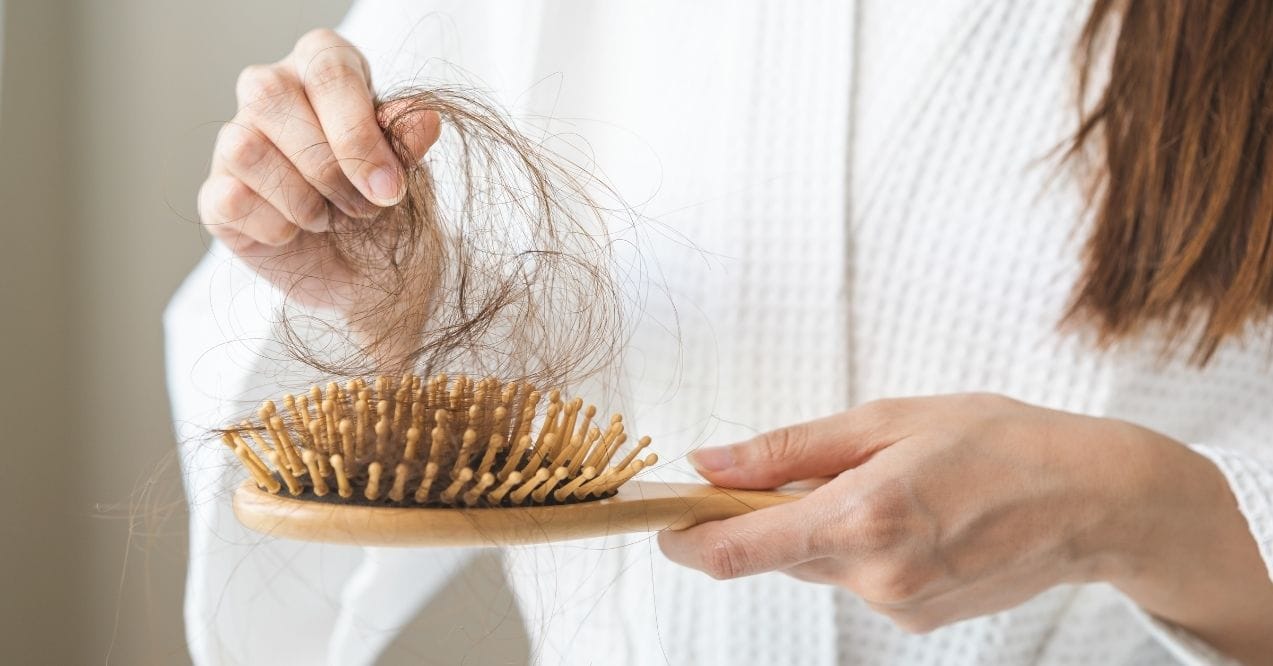
Not all vitamin shortfalls affect hair the same way. Some trigger widespread thinning, others cause breakage or patchy loss. Each affects different follicle functions, so identifying which deficiency you have helps target the right solution.
Vitamin D
This vitamin helps create new hair follicles. It also regulates the cells (keratinocytes) that form the hair shaft. Low vitamin D levels are associated with thinning hair and may contribute to premature shedding.
Your body produces vitamin D from sunlight exposure. People who spend most days indoors face higher deficiency risk. Darker skin also requires more sun exposure to make the same amount. Food sources include fatty fish like salmon and sardines, egg yolks, and fortified dairy or plant milks.
Vitamin B12
Your follicles need constant oxygen delivery to stay productive. B12 makes that possible by helping form red blood cells. Without adequate B12, follicles essentially suffocate. This leads to increased shedding and slower regrowth.
Vegans and vegetarians face elevated risk since B12 occurs naturally only in animal products. Absorption also declines with age, especially after 50. Look for B12 in meat, fish, eggs, and dairy. Choose fortified nutritional yeast and plant milks if you avoid animal products.
Folate (Vitamin B9)
Cell division happens at remarkable speed in hair follicles. Folate enables the DNA synthesis that drives this process. When folate runs low, follicles struggle to maintain their rapid production schedule.
New growth slows while existing hairs continue their normal shedding cycle. This creates a net loss over time. Leafy greens like spinach and kale offer excellent folate. You’ll also find it in legumes, asparagus, and fortified grains.
Biotin (Vitamin B7)
Biotin helps produce keratin, the protein that forms your hair’s structure. True biotin deficiency is uncommon since intestinal bacteria produce some biotin. When deficiency does occur, often from prolonged antibiotic use, it may cause brittle hair and thinning.
Egg yolks, nuts (especially almonds and peanuts), seeds, sweet potatoes, and mushrooms all provide biotin. Cook eggs fully since raw egg whites contain a protein that blocks biotin absorption.
Vitamin C
Strong hair needs strong collagen to maintain follicle structure. Vitamin C is required for collagen synthesis. It also significantly improves iron absorption from plant foods. This matters since iron deficiency commonly causes hair loss.
Without enough vitamin C, strands become weak, dry, and prone to breakage. Citrus fruits get the spotlight, but bell peppers, strawberries, kiwi, and broccoli actually pack more per serving. Your body can’t store vitamin C, so consistent daily intake matters more than occasional large doses.
Zinc
This mineral helps maintain the oil glands around each follicle. It also keeps hair protein structures intact. Zinc deficiency frequently triggers telogen effluvium, a pattern of diffuse shedding across the entire scalp.
Oysters contain more zinc per serving than any other food. Beef, pumpkin seeds, lentils, and chickpeas work well too. Plant-based zinc isn’t absorbed as efficiently as zinc from animal sources. For comprehensive help, vitamins to thicken hair work best when combined with adequate zinc levels.
When dietary changes aren’t enough, supplementation can help bridge nutritional gaps. Pureance’s Hair, Skin & Nails supplements combine key nutrients in balanced amounts designed for follicle health.
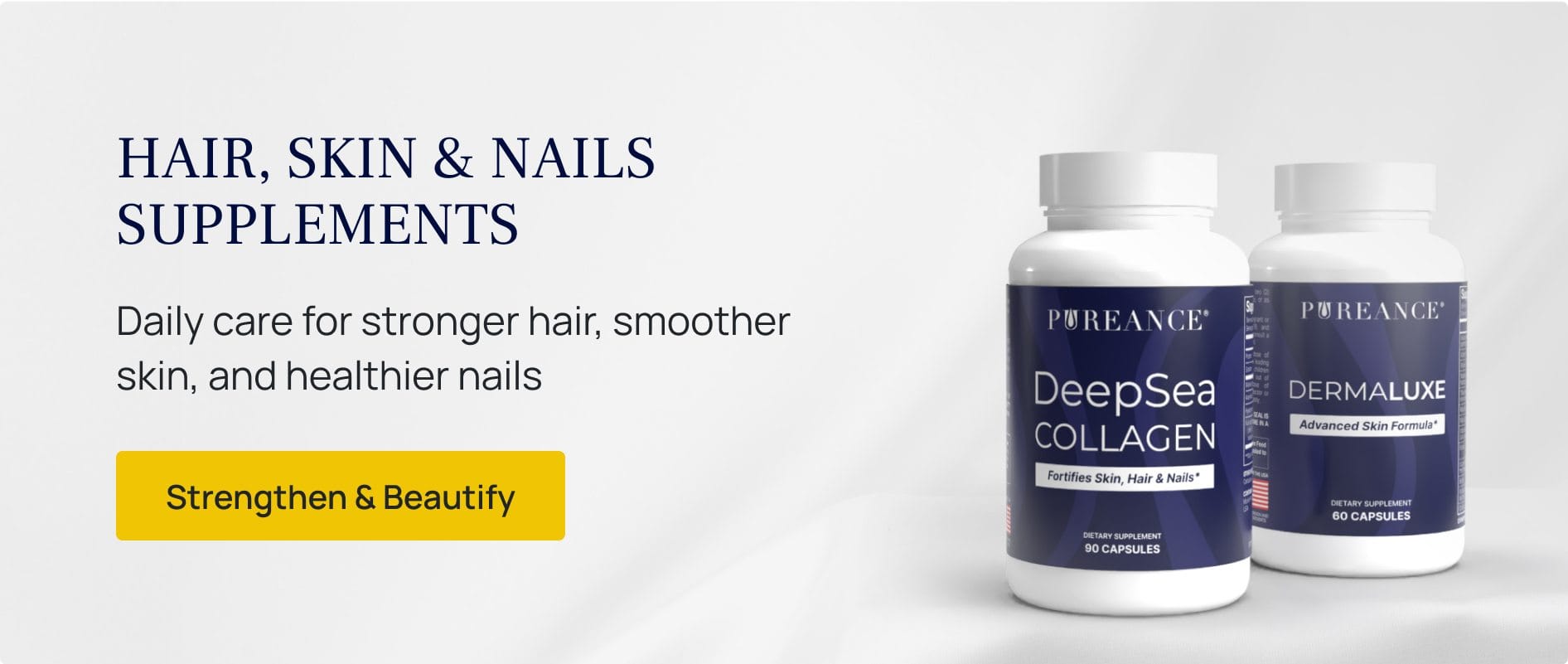
Other Vitamins to Watch (With Caution)
Some nutrients fly under the radar in hair loss discussions. Yet they influence follicle health in nuanced ways. The catch? These vitamins require careful balance since excessive amounts can be just as problematic as deficiency.
Skip high-dose individual supplements of these unless you’re working with a healthcare provider. They should confirm a specific need first.
Vitamin A
Cellular growth throughout your body, including in hair follicles, relies on vitamin A. Adequate levels create the moist, healthy scalp environment that follicles need. However, taking too much vitamin A from supplements has been linked to accelerated shedding and thinning.
The line between enough and too much is surprisingly narrow with this fat-soluble vitamin. It accumulates in your body rather than flushing out. Stick to food sources like sweet potatoes, carrots, and dark leafy greens.
Vitamin E
As an antioxidant, vitamin E may help protect scalp cells from stress that can damage follicles. Some research suggests it creates a healthy scalp environment. Yet large supplemental doses can interfere with how your body regulates hair growth.
They may even block absorption of other nutrients your hair needs. Most people get sufficient vitamin E through nuts, seeds, spinach, and avocados.
Selenium
This trace mineral helps thyroid function. Since thyroid hormones influence hair density and growth cycles, selenium indirectly affects your hair. Both insufficient selenium and excessive selenium have been associated with hair problems.
Brazil nuts are exceptionally high in selenium. Just 1 to 2 nuts daily meets your needs. Fish, eggs, and whole grains also provide it. This is another nutrient where more definitely doesn’t mean better.
What to Do If You Suspect a Vitamin Deficiency
Losing hair lack of vitamins is reversible in many cases. But the approach matters. Random supplementation rarely helps and sometimes creates new imbalances. Instead, take these measured steps to address potential deficiencies.
Talk to a Healthcare Provider First
Blood tests remove the guesswork by showing exactly which nutrients need attention. This is especially important for iron and B12 since both deficiency and excess can cause problems. Some symptoms of vitamin deficiency and hair loss overlap with thyroid disorders.
Testing also establishes a baseline so you can track whether interventions are working. Many primary care providers can order comprehensive nutrient panels. You can also ask for specific tests if you suspect certain deficiencies.
Food-Based Solutions That Help
Real food delivers vitamins in forms your body recognizes and uses efficiently. Often they come with complementary nutrients that work together. For vitamin D, prioritize fatty fish like salmon and mackerel, along with egg yolks and fortified options.
B12 comes from animal products like meat, fish, dairy, and eggs. Plant-based eaters can choose fortified nutritional yeast. Folate is abundant in dark leafy greens, lentils, asparagus, and fortified grains. Biotin appears in eggs (cooked), nuts, seeds, and sweet potatoes.
Get vitamin C from bell peppers, strawberries, citrus, and broccoli. Zinc-rich choices include oysters, beef, pumpkin seeds, and chickpeas. Pairing iron-rich foods with vitamin C sources at the same meal significantly improves absorption.
Avoid coffee or tea immediately with iron-rich meals since compounds in both can block iron uptake. If you’re working on how to get healthier hair, these small timing adjustments make a real difference.
Use a Gentle Hair Care Routine
While you address internal factors, protect the hair you have from unnecessary damage. Sulfate-free shampoos clean without stripping natural oils that keep strands flexible. Limit heat styling or always use a heat protectant when you do.
Weekly scalp massages may improve circulation to follicles. Air-dry when possible, and if you use a towel, blot gently rather than rubbing vigorously. These external care steps won’t fix a vitamin deficiency on their own. But they prevent additional stress on hair that’s already struggling.
Supplementation When Necessary
If testing confirms a deficiency or your diet can’t realistically provide adequate amounts, supplementation becomes practical. Does vitamin deficiency cause hair loss that supplements can reverse? Often yes, but only when you’re actually deficient and you choose appropriate doses.
Start with a quality multivitamin that provides moderate amounts of multiple nutrients. For specific deficiencies, follow your healthcare provider’s dosing recommendations based on your test results. Give supplements at least three months to show effects since hair growth is slow. You’re nourishing new growth rather than reversing damage to existing strands.
Wrapping Up
Hair loss from vitamin deficiency is common, often overlooked, and frequently fixable. The vitamins and minerals your follicles need (D, B12, folate, biotin, C, and zinc) fuel the growth cycle at different points. Deficiency symptoms vary depending on what you’re missing.
Testing removes guesswork, food sources should be your first strategy, and supplements work best as targeted help. Your hair reflects your internal nutrient status, sometimes months before other symptoms appear. Pay attention to changes in shedding patterns, texture, and regrowth speed.
When you notice shifts, investigating potential deficiencies gives you actionable information. It beats wondering why your usual routine isn’t working anymore.
Vitamin D, B12, folate, biotin, vitamin C, and zinc most commonly help hair health. Each affects different follicle functions, so what helps depends on which deficiency you have.
Yes, hair loss from nutrient deficiency is often reversible once levels are restored. Regrowth typically takes several months since hair grows slowly and you’re nourishing new growth.
Start with testing to identify actual deficiencies rather than taking random supplements. A comprehensive multivitamin covers bases, while specific deficiencies need targeted doses based on your results.
Increased shedding, slow regrowth, brittle strands, and texture changes can signal deficiencies. Other symptoms like fatigue, pale skin, or brittle nails often occur alongside vitamin-related hair loss.
This site offers health, wellness, fitness and nutritional information and is designed for educational purposes only. You should not rely on this information as a substitute for, nor does it replace, professional medical advice, diagnosis, or treatment. If you have any concerns or questions about your health, you should always consult with a physician or other health-care professional. Do not disregard, avoid or delay obtaining medical or health related advice from your health-care professional because of something you may have read on this site. The use of any information provided on this site is solely at your own risk.
Nothing stated or posted on this site or available through any services are intended to be, and must not be taken to be, the practice of medical or counseling care. For purposes of this agreement, the practice of medicine and counseling includes, without limitation, psychiatry, psychology, psychotherapy, or providing health care treatment, instructions, diagnosis, prognosis or advice.

